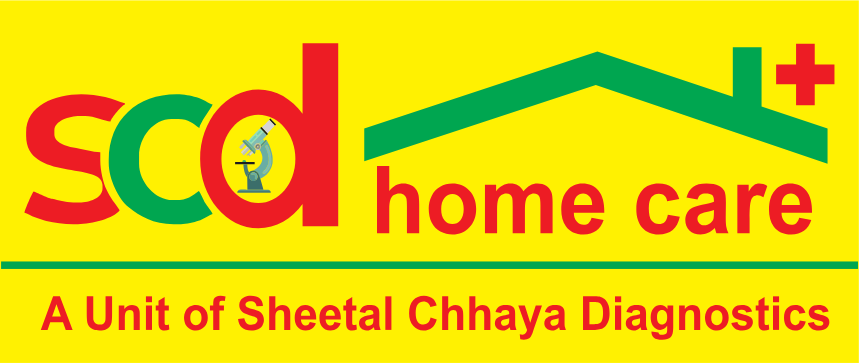
View your reports and upcoming health checkups at one place
Offered by SCD Homecare
A Holter Monitor test is a continuous 24 to 48-hour ECG monitoring that records the heart's electrical activity to detect irregular heart rhythms (arrhythmias) that may not appear in a standard ECG. It is used to diagnose palpitations, unexplained dizziness, and heart-related issues that occur intermittently throughout the day.
Offered by SCD Homecare
An X-ray is a non-invasive imaging test that uses radiation to capture images of bones, organs, and tissues. It is commonly used to detect fractures, infections, lung diseases, and other internal abnormalities. X-rays help in diagnosing bone injuries, lung conditions, and digestive system issues.
Offered by SCD Homecare
A Sleep Study, or Polysomnography, is a diagnostic test that monitors sleep patterns, breathing, brain activity, and muscle movements to detect sleep disorders. It is primarily used to diagnose conditions like sleep apnea, insomnia, restless leg syndrome, and narcolepsy. A home sleep study is a simplified version of a lab-based test and is convenient for detecting sleep-related breathing disorders.
Offered by SCD Homecare
Uroflowmetry is a non-invasive test that measures the flow rate of urine to assess bladder and urethral function. It helps diagnose urinary tract obstructions, weak bladder muscles, prostate issues, and other urological disorders. The test records the speed, volume, and pattern of urine flow over time.
Offered by SCD Homecare
Blood sample collection at home allows for convenient diagnostic testing without visiting a clinic or hospital. A trained professional collects the blood sample, which is then analyzed in a laboratory for various health conditions, including diabetes, cholesterol levels, infections, organ function, and overall wellness.
A bile acid test, also known as a serum bile acid test, measures the levels of bile acids in your blood, which are produced by the liver and help with fat digestion, aiding in the evaluation of liver health and function.
A thyroid profile test measures T3, T4, and TSH to assess thyroid gland function. It helps diagnose and monitor conditions like hyperthyroidism (overactive thyroid) and hypothyroidism (underactive thyroid), as well as evaluate treatment effectiveness. The test also helps detect autoimmune thyroid diseases like Hashimoto's and Graves' disease.
A Free T4 test measures the amount of thyroxine (T4) hormone in the blood that is not bound to proteins. It's used to assess thyroid function, diagnose thyroid disorders, and monitor the effectiveness of thyroid treatment. A free T4 test is often preferred over a total T4 test because it reflects the amount of T4 available to the body
An HCV test, also known as an Anti-HCV test, is a blood test that detects antibodies to the Hepatitis C virus. These antibodies indicate that a person has been exposed to the virus at some point, although it doesn't necessarily mean they are currently infected. A positive result means the person has been exposed, but further testing, like the HCV
Troponin I (TnI) is a protein found almost exclusively in heart muscle, serving as a key indicator of heart damage. It's released into the bloodstream when heart muscle is damaged, and elevated levels are associated with a heart attack
Ultrasound, also known as sonography or ultrasonography, is a medical imaging technique that uses high-frequency sound waves to create images of the inside of the body. These images, called sonograms, help doctors visualize organs, tissues, and blood flow, aiding in diagnosis and treatment planning. It's a safe, non-invasive procedure that does not involve ionizing radiation.
A pelvic ultrasound, also known as a lower abdominal ultrasound, is a non-invasive imaging procedure that uses sound waves to create images of the organs and structures within the lower abdomen and pelvis. It's a valuable tool for diagnosing various conditions related to the reproductive and urinary systems in both males and females.
An upper abdominal ultrasound is a non-invasive imaging procedure that uses sound waves to create pictures of the organs and structures in the upper abdomen. It helps diagnose various conditions and assess the health of organs like the liver, gallbladder, pancreas, spleen, kidneys, and major blood vessels. The procedure is painless and relatively quick, typically taking 10-15 minutes

